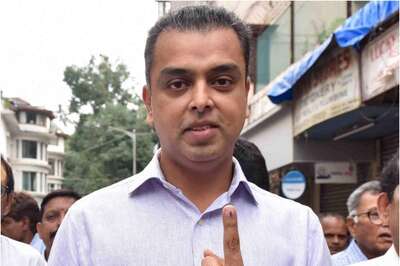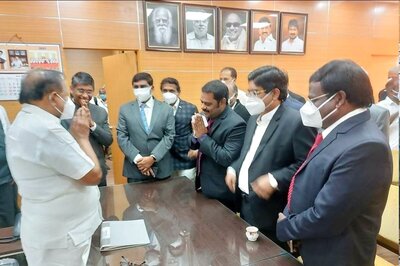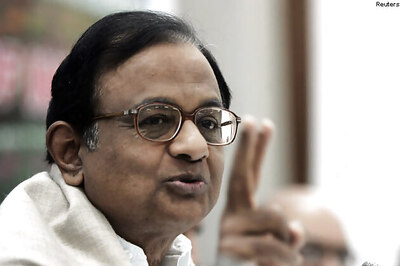
views
Mumbai: The Central Board of Direct Taxes (CBDT) will give its views on the high court order on Vodafone transfer pricing case after studying the judgement, chairman KV Chowdary said on Monday. "We are examining transfer pricing issue at both the (Income Tax) commissioner and Central Board of Direct Taxes (CBDT) levels. We will take a view shortly," he said.
He said that all relevant issues would be considered and the department has also sought advice from the Law Ministry in the matter. On Friday, the Bombay High Court ruled in favour of Vodafone, saying that the British telecom giant is not liable to pay Rs 3,200 crore demanded by the Income Tax department in a case related to transfer pricing.
The Income Tax department had charged Vodafone India additional income tax alleging that it had undervalued its shares in its subsidiary Vodafone India Services, while transferring them to its parent company in Britain. The transaction took place in FY2010.
Transfer pricing is the practice of arm's length pricing for transactions between group companies based in different countries to ensure that a fair price -- one that would have been charged to an unrelated party -- is levied. Since cases similar to Vodafone's transfer pricing cases have come to the light, Chowdary said, "Existing cases will be treated as per relevant laws in existence while new ones related to transfer pricing will go to a specially constituted High Level Co-ordination Committee (HLCC)."
As for the second case on Vodafone involving an Income Tax claim of USD 2 billion after a controversial amendment in the statute retrospectively, Chowdary said an arbitration is under way to arrive at a solution. During a speech at the Indo-American Chamber of Commerce, Chowdary asserted the sovereign's right to change laws retrospectively, and added that taxpayers have benefited in some cases.
"Retrospective amendment is the constitutional prerogative of the government and governments prior to this have enacted tax laws with retrospective effect. Some of them have been in favour of the tax payer," he said, conceding that such amendments put the industry at some risk.
"The crux of the issue is whether an underlying asset is in this country and the effective transfer of the underlying asset has happened on account of transfer of asset from outside the territory of this country, whether capital gain arising out of this transaction be taxed or not. The indirect transfer is a taxable transaction in this country," he said. He also defended criticism about the move being labelled as "tax terrorism", calling it a very unfair view.
"The issue has already been decided by the Supreme Court. There are several other similar cases involved and the government will take a proper view of them," he said.


















Comments
0 comment